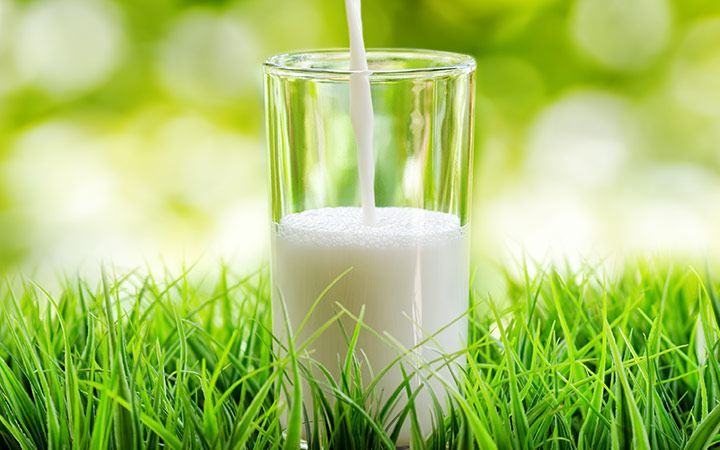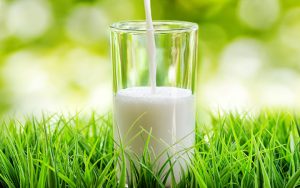Milk is highly nutritious. It is the food of the Gods. Within milk itself, there are gradations and slight differences. There are fundamental and structural differences.
The primary protein in milk is known as Beta-casein Which is 30% of the protein in cow milk. Casein is responsible for 80% of the protein present in milk. This comes in 2 forms. These are A1 and A2. Each of these has a different amino acid in its texture. Most traditional cows produce milk that has both A1 and A2 casein. Recently, specially bred cows produce milk with only A2 casein, for its ever-growing market and benefits.
A2 milk is very rich in proteins, very essential for our growth and tissue repair. It is also a great source of Vitamin A, VitaminD, Vitamin B12, Calcium, Thiamin, Riboflavin, and Potassium. It also happens to be light and tasty. It also contains a great amount of Omega3 fatty acids. These happen to be polyunsaturated fats that your body does need in order for it to function well. Its consumption also is linked to lower triglyceride levels and a reduction in the risk of heart disease and strokes.
Its other benefits include maintaining optimum blood pressure, by consumption of the Omega3, lowering your cholesterol levels. The potassium present also helps to optimize your blood pressure.
By the presence of Vitamin D, it also lifts your mood, and prevents the mood disorder like SAD or Seasonal Affective disorder, reducing its symptoms. It also strengthens the immune system. This is due to the presence of Vitamin A in this milk, improving the response and Regulation of immune system cells. Vitamin A also keeps your eyes healthy, maintaining the retina and cornea well. It also keeps your vision sharp and prevents cataracts.
Let us also look at some risks, with this milk. If you are Lactose intolerant, having a deficiency of lactase or milk digesting enzyme, you had better avoid any sort of milk.
Any other allergy to milk also needs to be taken care of, then to avoid A1 or A2 milk. In case you don`t feel well after drinking milk, A2 you might just be Ok with, if not A1 containing milk.
When A1 protein is being digested in the small intestine, it tends to produce a peptide called beta casomorphin-7 or BCM-7. The intestines absorb this, and it then reaches the blood. Doctors blame this for stomach discomfort and symptoms of lactose intolerance. A2, on the other hand, is light and easier to digest, and comparable to human breast milk, or from goats, sheep, and buffaloes.
A study was done on Chinese adults who had milk intolerance. They were given regular milk or the A2 milk twice a day for 2 weeks; about 8 oz. The ones given regular milk tended to have stomach pain, which became worse as the experiment went on. The other group, who took A2 milk, had no change in symptoms.
So, we have roughly covered the benefits of A2 milk and researched a bit on, what this milk is.
GirAmritphal in Gurgaon is one dairy providing fresh A2 milk.







